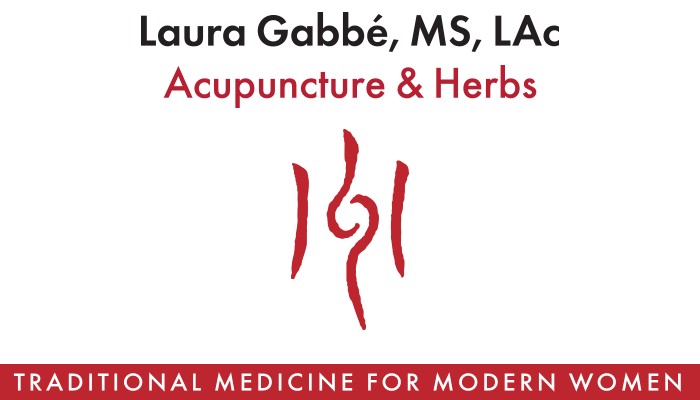FAQs
Do you use disposable needles?
How long does a treatment take?
How often will I need treatment? How long will it continue?
What conditions can be treated with acupuncture?
Can healthy people use acupuncture?
Can you combine western medicine with acupuncture and herbal treatments?
Will my medical insurance cover my acupuncture treatments?
Does it hurt?
No. Many patients feel nothing at all and are surprised to be told that the needles have actually been inserted. Some patients describe the sensation as a feeling of pressure, followed by a flick. It is important to note that acupuncture needles are hair-fine and solid, unlike the much larger gauge, hollow hypodermic needles that most people fear.
After the needles are inserted, people report a range of sensations – tingling, pressure, warmth, dull aching, slight pinching or pulling.
Back to top
Is it safe?
Acupuncture has very few side effects. Although infrequent, the most common side effect is a tiny, mild bruise at the point being treated. These bruises generally disappear in about three days. Compared to the side effects of many western medications and procedures, acupuncture is considered to be very safe.
Back to top
What is acupuncture?
Acupuncture is part of a system of medicine that evolved more than 3000 years ago, when people in China discovered that inserting fine needles into specific points on the body could stimulate the body’s innate ability to heal itself. While acupuncture techniques have been refined over the centuries, the essential theory behind the practice has remained intact. Traditional Chinese Medicine (TCM) treats people by rebalancing the energy or “Qi” (pronounced “chee”) that circulates through organs and channels in the body. TCM includes other modalities: herbal medicine, massage (tui na or acupressure), moxibustion (heat application), cupping (suction application), diet, and exercise (qi gong). Many of the traditional point combinations and herbal formulas remain as viable and effective today as they were several thousand years ago!
Back to top
Do you use disposable needles?
In her practice, Laura only uses single-use, sterile, disposable needles. The specially-made acupuncture needles are supplied factory sterilized and individually wrapped. They are opened for each patient as needed, and disposed of immediately after each treatment.
Back to top
How long does a treatment take?
The first appointment lasts an hour and a half. Subsequent visits take an hour of office time. Treatment itself is usually 45 minutes of that time.
Back to top
How often will I need treatment? How long will it continue?
Most people experience an improvement within their first three treatments; some patients experience immediate alleviation with the first treatment. The duration of a course of therapy varies greatly, depending upon the individual person and the condition for which they seek treatment. In general, the longer a person has a condition, the longer it takes to treat. However, every person responds uniquely. If you would like further information about your condition, please contact Laura and she will be pleased to arrange a time to discuss your case with you.
Back to top
What conditions can be treated with acupuncture?
The World Health Organization (WHO) currently recognizes more than 40 conditions that can be treated with acupuncture. However, it is important to remember that acupuncture treats the whole person, not just the condition. Even if your condition is not listed below, you may still benefit from acupuncture.
One of the most common conditions that responds well to acupuncture is pain: Back Pain (lower, middle or upper), Cancer Pain, Dental Pain, Facial Pain, Headache, Joint Pain, Menstrual Pain, Migraine, Neck Pain, Post-operative Pain, etc.
| Other commonly treated conditions recognized by the World Health Organization (WHO): | |||
| Addiction | Menopausal Syndromes | Adverse reactions to radiotherapy and/or chemotherapy | Irritable Bowel Syndrome |
|
Arthritis |
PMS |
Asthma |
Nausea and Vomiting |
|
Bell’s Palsy |
Sciatica |
Common Cold |
Repetitive Stress Injury |
|
Crohn’s Disease |
Stress |
Depression |
Sinusitis |
|
Digestive Disorders |
Sprains |
Eye Disorders |
Stroke |
|
Frozen Shoulder |
Tennis Elbow |
Hypertension |
Tendonitis |
|
Hypotension |
Urinary Disorders |
Infertility |
TMJ |
|
Insomnia |
|||
Can healthy people use acupuncture?
Acupuncture is widely used in Asia as preventative medicine. There is a long tradition of treatments for the turn of the seasons, and to increase overall health and vitality. Also, for some conditions, such as seasonal allergies, bronchitis or asthma, the best results are obtained when the condition is inactive. Visiting an acupuncturist when you are feeling well is a wonderful way to help maintain your health, and experience a relaxed, energized glow.
Back to top
Can you combine western medicine with acupuncture and herbal treatments?
Yes, you can. Acupuncture has no recorded interactions with western medications, with the exception of blood thinners. It is always a good idea to discuss your treatment with your doctor. Although there have been a few documented interactions with herbal medicine and western medications, herbal medicine has been used alongside western medicine in China for at least one hundred years, both in hospitals and at home. Research is continually being done in this area. It is always best to inform both your medical doctor and your acupuncturist about any medications and supplements you currently take.
Back to top
Is herbal medicine safe?
When dispensed by a trained practitioner, herbal medicine is as safe as western medicine. Laura only uses products from companies that comply with Good Manufacturing Practice (GMP) regulations, which require herbs to meet certain criteria to be sold in the United States. These companies follow strict guidelines to ensure that the products are free from heavy metal contamination, pharmaceuticals, and sulfites.
Back to top
Will my medical insurance cover my acupuncture treatments?
Laura does not accept assignment from any insurance plans; however, many of her patients do get reimbursed. Check with your insurance company to find out its specific policies and requirements. Laura will assist you by filling out your forms upon request.
Back to top


